Ally, Exotic Athletica, Wittner, JeansWest: Australian fashion brands that couldn’t survive rising costs and international competition
A string of beloved Australian fashion brands have recently unravelled as post-Covid tax debt and cost of living pressures push them to breaking point. These are the latest chains to suffer financial wobbles
Business
Don't miss out on the headlines from Business. Followed categories will be added to My News.
A string of beloved Australian fashion brands have unravelled in recent times, with post-Covid tax debt and cost of living pressures stretching them to breaking point.
The retail industry generally has faced significant challenges due to an influx of cheaper international players and rising operating costs, experts say, making it harder for local brands to compete and survive.
“While retail always has its natural cycles, we are unquestionably in one of the more challenging chapters for Australian retailers,” Retail Doctor Group chief executive Brian Walker said.
“Rising operational costs – including wages, rents, and supply chain pressures – are squeezing margins at the same time that discretionary spending is softening.
“The influx of low-cost, high-speed players like Shein and Temu has accelerated consumer expectations on value and convenience, making it tougher for legacy brands to compete without deep transformation.”

Mr Walker said in order to stay profitable and relevant, brands needed to sharpen their identity and double down on customer insights underpinning customer experience – both in-store and online.
“(They must also) become data-driven in how they plan, price, and market,” he said.
“It’s no longer enough to be a retailer; you need to be a value creator, a community builder, and a brand with a clear reason for being.”
The number of retail insolvencies in Australia has soared by more than 30 per cent in the past 12 months, new data from the Australian Securities and Investments Commission reveals.
All appointments of an insolvency practitioner, whether it be a liquidation, administration, restructure or controller appointments, jumped from 732 in the year to May 2024, to a whopping 952 in the year to May 2025.
Here are the latest chains to have collapsed:
Wittner
Popular Australian footwear brand Wittner – which was founded more than a century ago – collapsed in April under the weight of hefty tax debts.
Deloitte insolvency experts Sal Algeri and David Orr, who were appointed joint administrators, are on the hunt for a buyer while they continue to trade the business.
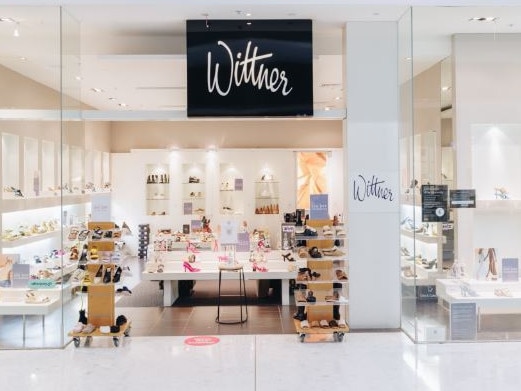
Wittner, which has its head office in Cremorne in inner-city Melbourne, is considered one of Australia’s leading footwear brands.
It has over 20 branded stores in Australia and New Zealand, over 25 concession stores across David Jones and Myer, and a multi-store e-commerce platform that trades across its own branded website, Myer, David Jones, and The Iconic.
It’s understood Wittner previously put itself up for sale in mid July 2023, amid a flurry of businesses hitting the market.
A statement from Wittner management at the time of its collapse said while the company had achieved strong growth over the last twelve months, margins were eroded by cost pressures from rising wages and occupancy costs, and challenging trading conditions and supply-chain disruptions.
The Wittner family has mostly been sold out of the business. It is now owned by British special situations investor Hilco Capital.
Jeanswest
The collapse of iconic Australian fashion brand Jeanswest left creditors facing huge losses of more than $48m.
Jeanswest, which entered administration in late March, owes more than 250 employees over $4m, including for annual leave, long service leave and redundancy entitlements.
A report provided to administrators by the director of Harbour Guidance, the company behind the iconic retailer, Wen Kin Wilkin Fon, revealed the business had also collapsed with a staggering $775,834 in unclaimed gift vouchers.

All 87 Jeanswest stores across Australia are expected to shut their doors in the coming weeks, which could impact up to 600 jobs.
The Aussie fashion giant previously announced that they would run exclusively as an online retailer.
Pitcher Partners administrators Lindsay Bainbridge, Andrew Yeo and David Vasudevan are in the process of selling off remaining stock.
Exoticathletica
Australian women’s activewear brand Exoticathletica entered administration last month owing over $13m to creditors.
The business behind the Noosa-based brand, which specialises in boldly printed, brightly coloured gym clothes for women of all sizes, owes unsecured creditors over $6.2m and staff a total of $114,168.

Insolvency experts from SV Partners Terry van der Velde and Matthew Hudson, who are picking through the financial wreckage of the company, have continued to trade the business while searching for prospective buyers.
Exoticathletica was founded in 2014 by Leilani Chandler, according to their website, designed to “help women enhance and accentuate their bodies and unapologetically celebrate their uniqueness”.
Mosaic Brands
The collapse of retail giant Mosaic Brands cost nearly 3000 jobs and led to the closure of over 700 stores nationwide.
The major retailer, which owned brands Millers, Rivers, Crossroads, Katies, Noni B and Autograph, entered voluntary administration in October last year, owing creditors about $318m.
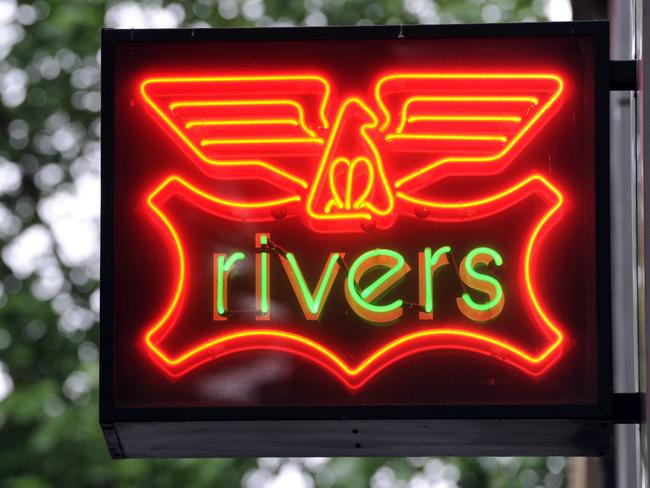
More than 2800 staff who worked across Mosaic’s Australian and New Zealand stores are owed $22m, which receivers and managers KPMG said would likely be paid in full.
Secured creditors are likely to see the $54m they are owed. But the collapse left a $242m hole for 613 unsecured creditors, and whatever is left over will be divided among them.
KPMG receiver David Hardy said despite the best efforts of all parties, they were unable to achieve a sale of any of the brands within the Mosaic portfolio.
All stores were slated to be shut down by mid-April.
Pallas Couture
Luxury Australian wedding dress company, Pallas Couture, which is loved by A-listers, collapsed into insolvency earlier this month.
Pallas Couture has a flagship studio in Sydney’s ritzy suburb of Paddington and is sold in the world’s most exclusive bridal stockists.

The bespoke label, which has been featured in Vogue Australia and British Vogue, makes couture gowns starting from $23,000 and is sold across the globe including in Belgium, Italy, Germany, London, Los Angeles and New York.
Insolvency experts from Cor. Cordies Jeremy Nipps and Thomas Birch were appointed administrators. It continues to trade as normal.
Founded in 2001 by Joy Morris, Pallas Couture, which has studios in Sydney and Perth, has built a global reputation for exquisite designs that are intricate and extravagant, combining traditional elements of haute couture with a sleek, high fashion aesthetic
Colette by Colette Hayman
Aussie fashion brand Colette by Colette Hayman recently announced a huge storewide sale amid speculation the label was finally crumbling after years of hardship.
Colette, known for selling affordable accessories such as jewellery and bags since 2012, announced it had been saved from closure last year but now appears to be poised to shut its doors for good.
Earlier this month, the retailer announced a flash sale with deals of as much as 80 per cent off its stock while a sign outside one store warned it was closing imminently.
Staff were reportedly told that the company was shutting down after years of financial struggles.
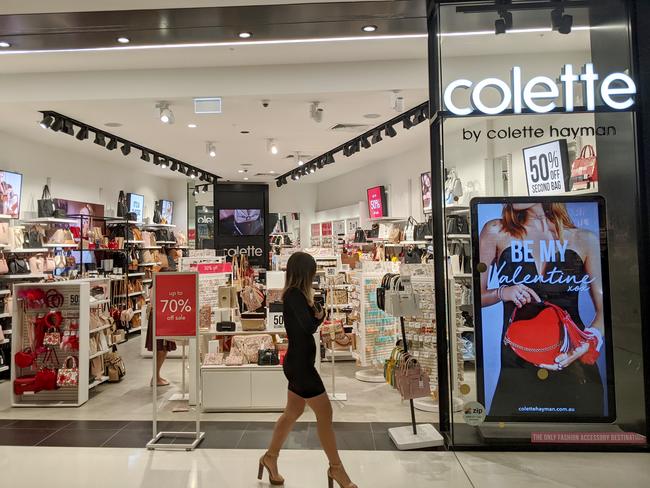
The fashion label, which is owned by the Marqee Retail Group, first went into administration in January 2020.
The company entered administration for a second time in May 2024, but was handed a lifeline months later after administrators secured a deed of company arrangement from Marquee Retail Group, where the holding company put forward money to save the business.
Marquee Retail Group kept 40 stores in operation. The brand originally had more than 60 stores.
Ally Fashion
Major Australian retail chain Ally Fashion was ordered into liquidation by the Federal Court of Australia in February, with insolvency experts now looking to shut down 51 stores and axe hundreds of jobs.
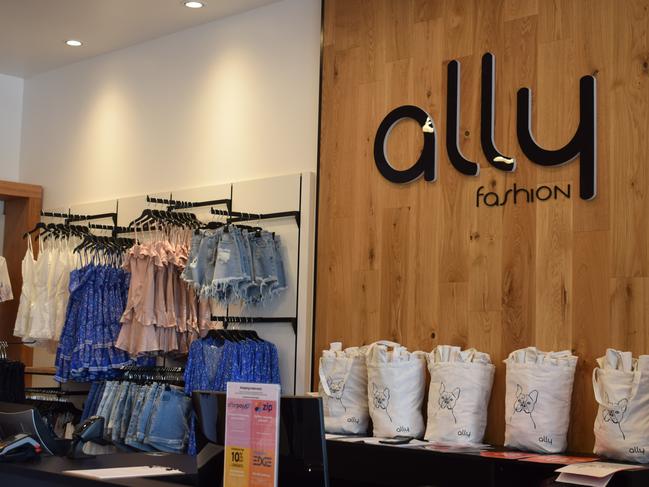
The fast fashion chain had 158 stores across Australia and an online store, as well as employing 1669 staff before its collapse.
It’s understood the company’s debts sit at a staggering $58m, with the chain’s owner looking to provide a deal to creditors.
Ally Fashion currently continues to operate under the liquidators.
Harrolds
After nearly 40 years of operation, Australian luxury fashion retailer Harrolds was quietly put into liquidation in October last year.

The designer retailer collapsed owing nearly 90 creditors more than $16m.
This included Victoria Beckham’s company owed $30,000, two of Tom Ford’s companies owed $33,000 and American designer Thom Browne owed $253,000.
The company was founded in 1985 with its first store opened in Melbourne and was the Australian home of fashion brands from the likes of Tom Ford to Saint Laurent and Balmain to Burberry.
Dion Lee
The company behind prestigious Australian fashion brand Dion Lee collapsed into administration in May last year.
Creditors voted to wind up the company, Dion Lee Enterprise, after a major partner withdrew investment amid reports it had racked up $35m in debts.
With no “acceptable” offers to buy the business while it was in administration, creditors voted to place the company into liquidation in August.
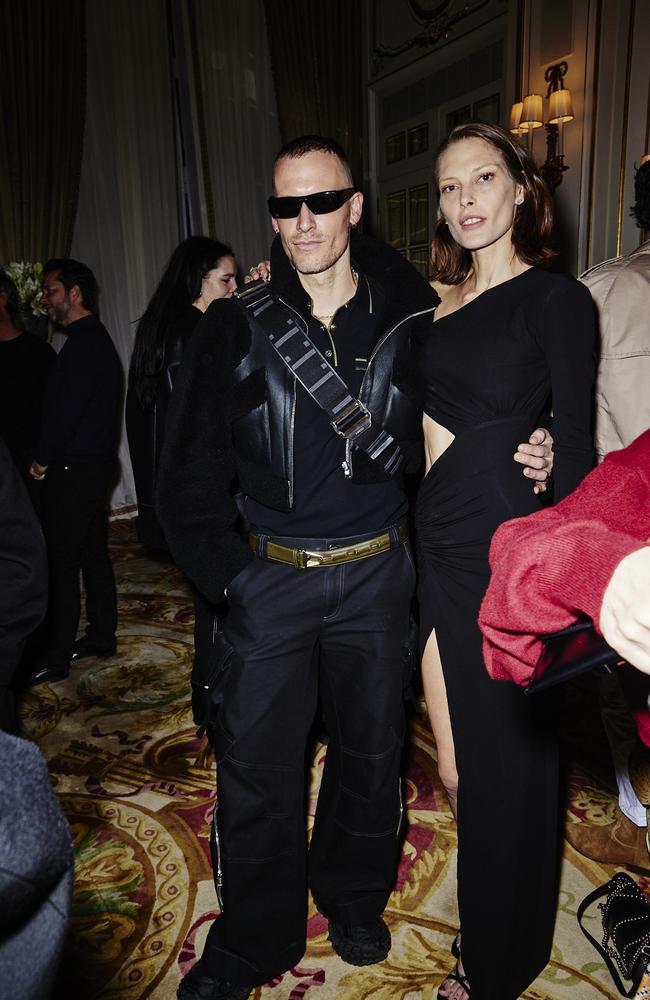
The brand’s namesake, Dion Lee, who is from Sydney but resides in New York, founded the business in 2009 when he was just 23, showcasing his collection at Australian Fashion Week.
The fashion label went on to dress A-list celebrities such as Taylor Swift and Dua Lipa, expanding to six stores across Australia and 160 outlets worldwide.
General Pants Co
High-profile clothing chain General Pants Co, that’s operated for more than 50 years, was previously slapped with court action to liquidate it over a debt to a delivery company last year.
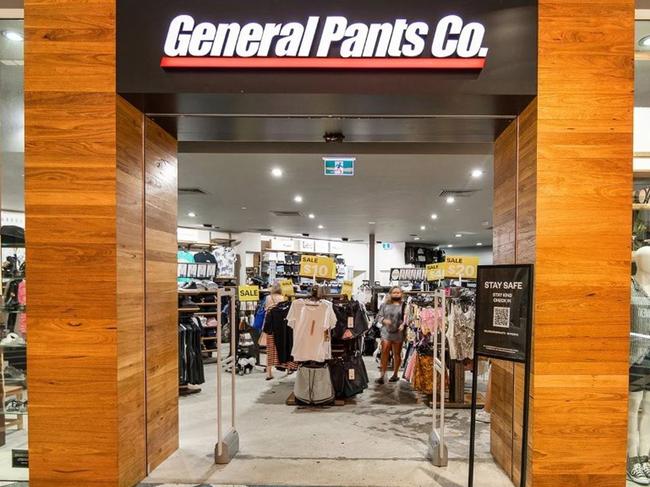
An application to wind up General Pants Co – which has 62 stores nationally – was made by Mainfreight Air & Ocean in June, a notice previously lodged with the Australian Securities and Investments Commission showed.
A statement on behalf of parent company Alquemie Group said the application had been “fully resolved”.
The company did not answer questions about the reasons for the wind-up bid at the time, and ASIC records show it was dismissed in July.
Outland denim
Australian ethical fashion brand Outland Denim faced financial difficulties in 2024, leaving them with no choice but to restructure their business due to mounting debts.
The brand appointed a restructuring practitioner in March last year after directors realised it was unable to meet $522,933 in debts and was likely to become insolvent.
Creditors of the struggling Gold Coast fashion brand, favoured by celebrities and royals, had to settle for a fifth of what they were owed.
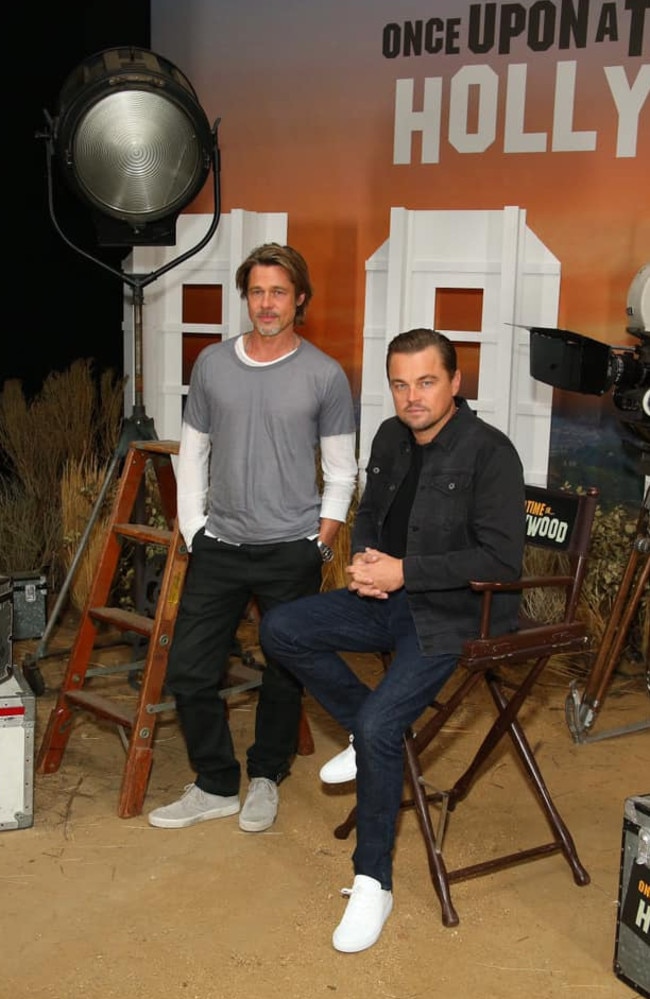
It came after Outland Denim purchased failed Sydney brand Nobody Denim for an undisclosed sum the year prior – assets the administrator later declared as worthless.
Outland was founded in 2011 in Mount Tamborine and made global headlines in 2018 after Duchess Meghan Markle wore a pair of Outland jeans on a Royal tour to Australia.
She was also spotted wearing Outland to the Wimbledon Tennis Championship, while Hollywood actor Leonardo DiCaprio is also an advocate for the brand, wearing it in a high-profile magazine spread.
More Coverage
Originally published as Ally, Exotic Athletica, Wittner, JeansWest: Australian fashion brands that couldn’t survive rising costs and international competition





